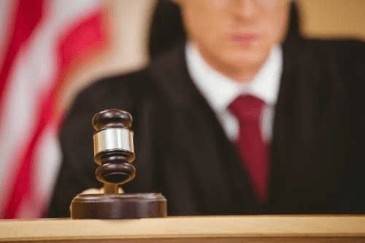On October 6th, 2022, President Biden released a proclamation pardoning those who have been charged/convicted for the offense of simple possession of marijuana under federal or D.C. law.
 Notice that this is only for misdemeanor marijuana convictions. Other convictions for marijuana related offenses are not subject to this pardon which could include convictions for sale and distribution, cultivation, and using the mail service to transport marijuana products.
Notice that this is only for misdemeanor marijuana convictions. Other convictions for marijuana related offenses are not subject to this pardon which could include convictions for sale and distribution, cultivation, and using the mail service to transport marijuana products.
Article II § 2 of the Constitution gives the president pardoning powers for those convicted for federal crimes, which is why this pardon is limited to those charged/convicted under federal law, or in D.C., as it is under federal jurisdiction. This pardon does not apply to arrests, charges, or convictions under state law or in state courts. The pardoning power for offenses against a state are held by the state’s governor. The pardon is also only applicable to those who committed the offense on or before October 6th, 2022, and who were United States citizens at the time.
Unfortunately this pardon will have no effect on state convictions for simple possession of marijuana. Some states have decided to decriminalize marijuana, but unless the governor uses his pardon powers, prior convictions for marijuana could remain on a person’s record indefinitely.
The proclamation also states that the pardon is only for the offense of simple possession of marijuana (Federal Code / D.C. Code). Thus, the pardon does not apply to simple possession charges relating to other drugs. Nor does it apply to more severe possession charges of marijuana, like “intent” or “resale” offenses.
Simple Possession of Marijuana is the only criminal offense that is eligible for this pardon. Simple Possession of Marijuana is a misdemeanor offense and there are many types of federal felony related marijuna crimes that this pardon will not affect.
You can find the proclamation on the White House website. It mentions that the Attorney General and the Pardon Attorney will be establishing a process for those charged/convicted to apply for the pardon “as soon as reasonably practicable.”
